The PPC Process
When you sign up for PPC with an external agency, you don’t want to be left in the dark about where your money is going. At Infoserve, our team is committed to ensuring we feel like a part of your business, not just a tag on.
So we’re exposing our PPC process for your ease of mind.
This short guide explains exactly what to expect from first contact with our PPC experts to the tools you will receive to monitor the progress of your ads.
Let’s get started.
What to expect with Infoserve PPC campaigns
1/ Introduction
In our initial calls with you, we’ll need to understand your goals with PPC. We will discuss your expectations, the number of services you wish to promote and potential budget.
At this stage, we will be able to brief you on what to expect in our process and answer any questions you have.
2/ Client Briefing
At the Client Briefing stage of our PPC process, our team will want to gain a deeper understanding of your business in order to target your audience with your messaging.
We will work in the background to discover related keywords and competitors as well as identify potential strengths and weaknesses with your website.
To ensure we are working for you, we will need to know:
- Who you are as a business
- Your primary products/services
- Your unique selling points as a brand
- The products/services that drive the most revenue within your business
- Geographical areas you’d like to target
We will also require up-to-date information about where you are in your marketing efforts because a website’s SEO, listings and Design can impact ad performance.
3/ Discussion with Product Teams
From the information we have gathered, we will be able to discuss internally and create a sufficient proposal along with a quote that incorporates your budget.
4/ Quote and Proposal
We then create a quote and proposal based on initial research and planning conducted to meet the initial brief.
This can differ depending on the industry as well as your requirements and budget.
First we undertake keyword research if the account plan includes search campaigns. This involves looking into historical data for keywords, potential cost-per-click, and search volumes for the target geographical areas.
We base our budget recommendation on this data.
If the account plan includes a shopping campaign, we first audit the product feed to identify potential blockers and areas where the product feed needs improvement. We issue some diagnostics and recommendations at this stage before starting any work on our campaigns.
Our proposal includes an overview of the channels and campaign types we'll deploy to meet our client's marketing objectives and recommended budgets.
5/ Execution
If you are happy with our proposal, we’ll begin the process of creating your ads. We create ad copy and keyword strategies using insights we have gained over decades of managing ad campaigns.
We also utilise Microsoft Advertising UI and Google Ads UI to open opportunities to achieve better overall performance.
In order to analyse campaign success, we will need access to track your website through Google Analytics, a code snippet or Google Tag Manager. This will not impact the usability or security of your website. Instead, it gives us the tools we need to improve your campaign performance.
6/ Follow Up
To ensure you’re fully satisfied with the ongoing progress of your PPC campaigns, our team conducts follow up calls where we give you a comprehensive breakdown of your results, as well as propose strategies for increasing conversions.
PPC Dashboard:
Our PPC Dashboard gives on-demand access to the metrics that matter most. The platform uses this data to make adjustments to the placement of your campaign budget, aiding keywords that are driving sales and shifting away from ones that are underperforming.
You will have full visibility of your dashboard to monitor how many enquiries, phone calls and form fills your PPC campaign is producing.
Not sure where to start?
Here at Infoserve, our accomplished PPC experts handle your ad campaigns from start to finish. We have access to decades of keyword insights and tracking information to deliver the best possible outcome for your business.
For an in-depth guide into the basics of PPC, download our FREE
PPC White Paper where we cover everything you need to know when setting up your ad campaigns.













